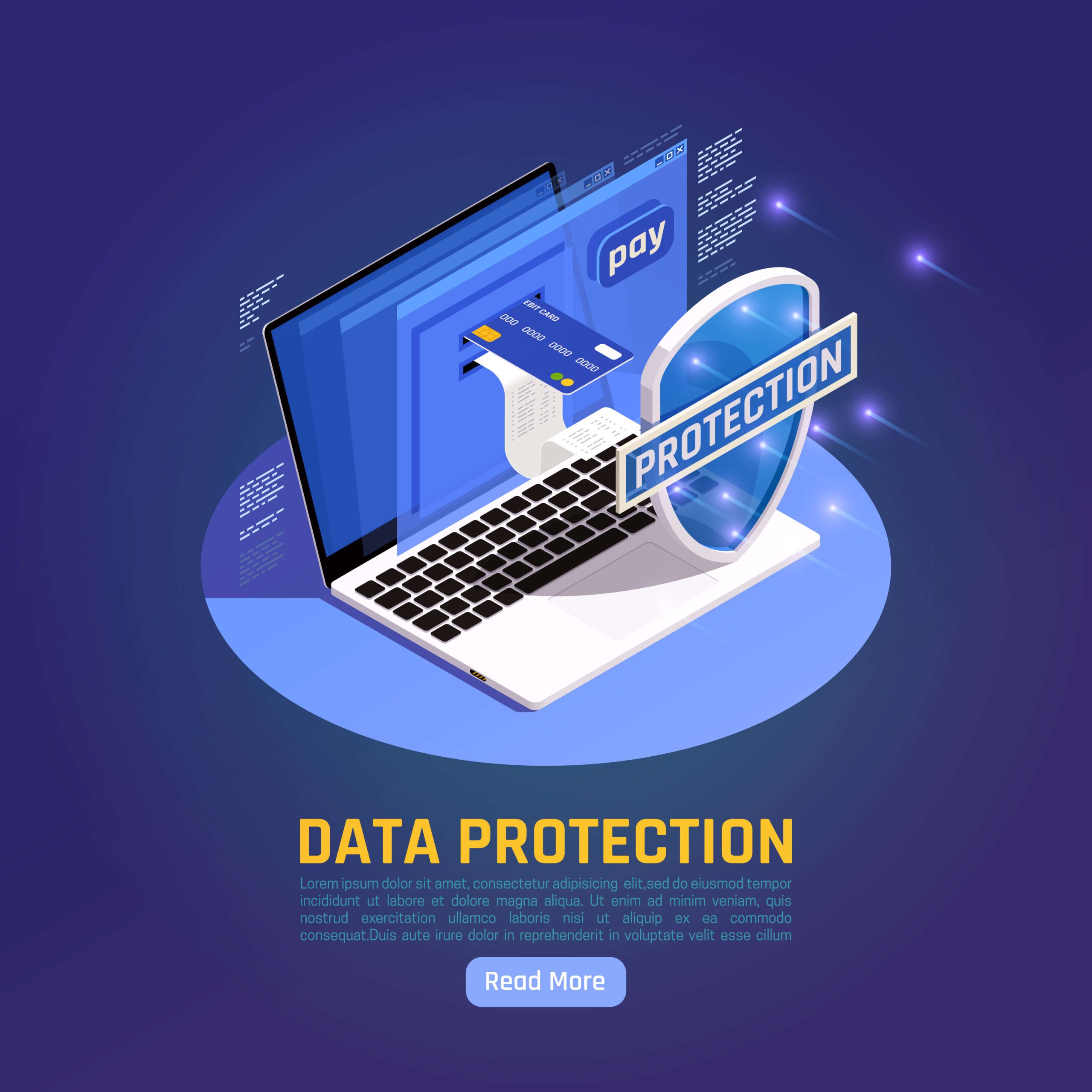In the current digital era, data security has become critical. A strong data privacy plan is essential for a company, not just for the newest fashion. Ignoring it carries dangers that go well beyond fines.
It is necessary and imperative to establish a strong data privacy plan that incorporates compliance controls and state-of-the-art technologies.
The concept of “data privacy” is significantly more than just security; from the perspective of both consumers and authorities, it represents integrity, ethics, and confidence.
If this front is not strengthened, there may be legal repercussions and irreversible harm to one’s reputation. Adopting data privacy is essential to doing business responsibly; it is not a choice.
Why is Data Privacy Important?
The guardian of trust in the digital sphere is data privacy. It is a barrier to preventing private information from getting into the wrong hands.
Beyond merely adhering to the law, its importance lies in safeguarding the accuracy of personal, financial, and business information. Businesses risk leaving themselves, their staff, and their clients vulnerable without a strong data privacy plan.
A breach can have a cascading effect, including damaged confidence, brand integrity, and dire financial consequences. Furthermore, breaking data privacy laws can have legal ramifications, including steep penalties and sometimes even corporate closure.
Data Privacy: The Cornerstone of Trust and Ethical Responsibility
More significantly, ethical responsibility and data privacy are linked. It has to do with upholding the privacy of personal data and honoring the rights of the individual. Trust is the foundation of business success, and data privacy is the cornerstone of that trust. Adopting a thorough data privacy policy helps a business maintain its moral compass and safeguards against cyberattacks while cultivating enduring partnerships based on trust and dependability.
What Is a Data Protection Strategy?
A data protection strategy is a comprehensive framework intended to protect sensitive data at every stage of its lifetime. It’s a proactive strategy that includes technology advancements, policies, and procedures to reduce risks and guarantee adherence to data privacy regulations.
This strategy’s fundamental component is carefully managing data, including its gathering, storing, processing, and disposal, ethically and safely.
Building digital barriers against cyberattacks is just one aspect of this strategy; another is fostering an awareness and accountability culture within a company.
It combines strict laws governing data handling with technology innovations like encryption, access controls, and monitoring tools. In addition, it calls for constant evaluations and adjustments to deal with new risks and legal modifications.
A strong data protection plan is a dynamic, ever-evolving framework that safeguards sensitive data while adhering to regulatory requirements and ethical standards.
Why Is Having a Data Protection Strategy Important?
A data protection plan protects Sensitive data from the constant barrage of cyberattacks, which acts as its defender in the digital world. Its significance goes beyond simple compliance; it is the cornerstone of trust, protecting data and companies’ integrity and reputation.
Importance of Data Protection Policy in the Face of Cyber Threats
The exponential expansion of data and the sophistication of cyber threats implement a data protection policy essential. Taking a proactive approach to possible breaches ensures resilience in the face of changing dangers. This approach promotes an organizational culture of accountability by outlining precise guidelines for data handling, such as encryption, access controls, and frequent audits.
What is the Importance of Having a Strong Plan in a World of Strict Data Protection Laws?
More importantly, having a strong plan is not optional in a world where strict data protection laws such as GDPR, CCPA, or HIPAA regulate every aspect of business operations. Not only may non-compliance result in heavy fines, but also damages brand integrity and client trust.
A data protection policy is, above all, a declaration of adherence to moral standards. Ensuring stakeholders that their data is handled appropriately fosters enduring partnerships based on honesty and openness. It is more than just a defense against online attacks; it is evidence of a business’s commitment to preserving the most important resource of all: trust.
Top 7 Components of a Successful Data Protection Strategy
A thorough data protection plan is built upon several essential elements that work together to strengthen an organization’s defenses against security breaches and guarantee regulatory compliance:
- Data Lifecycle Management:
This involves managing data from the point of creation to the point of disposal, making sure that it is handled securely at every stage of its journey, including gathering, storing, processing, and deleting it.
- Data Risk Management:
This is the process of identifying, evaluating, and reducing possible hazards related to data. It includes carrying out in-depth evaluations and putting policies in place to reduce risks that are found.
- Data Backup and Recovery:
Putting strong backup plans and processes in place guarantees that, in the event of a data breach or loss, there will be as little impact as possible.
- Data Access Management Controls:
Role-based access, multi-factor authentication, and frequent access reviews are some of the strict access controls that guarantee that only authorized personnel can access data.
- Data Storage Management:
Selecting appropriate storage options, making sure data is encrypted, and implementing access restrictions maximize data security and accessibility.
- Data Breach Prevention:
Preventive steps that lower vulnerabilities and strengthen defenses against possible breaches include encryption, intrusion detection systems, and security audits.
- Confidentiality, Integrity, and Availability:
The three fundamental components of data security are protecting confidentiality, preserving integrity, and ensuring availability. This calls for robust infrastructure, data validation, and encryption.
When these elements are combined, a coherent plan is created, which is then reinforced by ongoing evaluation and staff training. Adopting these components strengthens an organization’s commitment to data security and moral business conduct by building confidence among stakeholders and protecting information assets.
Safeguarding Tomorrow Through Today’s Data Protection Strategies
“At Succurri, we don’t just secure your data; we safeguard your peace of mind, because your trust is our top priority in the ever-evolving landscape of IT security.”
said Grant Eckstrom, CISSP and Partner at Succurri.
Fortify your firm today to ensure it is secure for tomorrow. Succurri is prepared with cutting-edge data security solutions, giving you the ability to protect your priceless assets. Go beyond simple compliance and strengthen your defenses against changing adversaries.
Discover the full range of technologies and services offered by Succurri, which are built to protect the integrity of your data. Make the proactive move to guarantee the durability of your company.
Contact Succurri now to start your road toward increased security, steadfast trust, and long-term success. With the correct safeguard in place, your future can begin—let Succurri lead the way.
Want to learn more about what a Managed Security Services Provider is? Listen to Succurri partner, Grant Eckstrom, and Fractional CMO, Tony Lael, discuss the topic in more depth in this video.






